Let’s hear it for sisters that run—or at least talk about running—together: Judith Parish nominated her sister Sarah Moore-Noakes, a 44-year-old mother of two girls (ages 17 and 13) from Neenah, Wisconsin for Mother Runner of the Month.
“Sarah’s the one who got me running,” says Judith, “and I know I’m not the only one. Plus, she coordinates the snacks, the water, the coolers, the Vaseline and band-aids in the back of her hatchback on race day.”
What’s more, Sarah runs despite having a challenging heart condition. “Around the time she turned 40, she discovered she has a genetic heart disorder. She travels with an AED and writes ‘shock me if I’m down’ on the back of all her bibs!”

Sarah in the middle of a marathon relay crew.
I started running: in college to fight off weight gain and for my mental health. It is a story that you hear all the time – the first time I went out for a run, I made it two blocks before I was gasping for air. But after a while, I could run for a couple of miles and felt SO good.
It took me three more years to be able to run 5 miles without stopping. It’s never been easy but it’s always been worth it.
A “formational” activity: Running is something I have to work at and because of that, it’s also been formational. It’s helped me define who I am outside of my work. It’s gotten me through incredible stress and through grief. It helped me get my sense of self back after becoming a mother.
After my children were born, getting out for a run became critical for my mental wellbeing. It’s where I think, work through sticky issues, breathe deeply, get angry, get happy, let go of things, cry, listen to good music, listen to great stories (huge fan of The Moth) and where I don’t have any responsibility for anyone except me.
In Wisconsin: ‘getting out for a run‘ can also mean getting to the basement treadmill.
Race: a four-letter word?: I have never been much of a racer. To date, I’ve run 3 half marathons, 3 relay marathons, and a handful of 5ks.
I started signing up for races so that I’d have something to work toward. I, like many mother runners, like having a training plan that tells me what to do—even if I don’t do it. And, in the beginning, I wondered if I could even run 13.1. (Turns out I can.) But the races really function as a way to structure my running life. Some training cycles focus on strength, some on distance, some on pace (but never very fast).
A life-changing diagnosis: Around the time I turned 40, I was diagnosed with Long QT Syndrome (LQTS). It’s a disturbance of the heart’s electrical system; the name refers to the number of milliseconds between the peak of the Q wave and the peak of the T wave on an EKG.
When you have LQTS, your heart muscle can sometimes take longer (hence the name LONG QT) than normal to recharge between beats and when that happens, the result can be fainting, seizures and/or sudden death. Sometimes the heart can recover on its own, other times it needs to be shocked back into its proper rhythm.
There are 17 known ‘varieties’ of LQTS and each is caused by a slightly different genetic mutation. Mine is one of the more common varieties and can be triggered by stress and exercise, which makes my running life complicated.

Sarah’s adorable bespectacled fam.
“You must quit running.”: I was formally diagnosed three days before I was scheduled to run in a relay marathon. It was one of those moments where everything changed and nothing changed at all.
The first cardiologist, who was not a specialist in LQTS, said, “You must quit running.” To which I responded, “I don’t think so.” I then convinced him that I would actually be safer on the race course—an incredibly well organized, well supported local marathon where lots of EMTs and AEDs would be present—than anywhere else that weekend.
Running that race and not dying got me over a huge mental obstacle. But I’d be lying if I said I don’t still think about it all the time and make all sorts of mental calculations about my runs.
SHOCK ME: I’m now under the care of a LQTS specialist at Mayo Clinic and have worked out appropriate risk-taking for my condition. I’m asymptomatic (which is pretty common) but I still take precautions. I wear a medical ID bracelet that says, CALL 911 and SHOCK ME.
I run where there will be people: no isolated trail runs or running in dark early in the morning. I take a medication and am incredibly careful about hydration and electrolyte replacements as both can affect the electrical system of the heart.
We own an AED and we take it with us when we go places that may not have an AED on site. And I don’t push it when I’m running. Full stop.
ISO Running + LQTS Info: I’ve never met any other runners who have LQTS. There are Facebook forums (of course! Isn’t there a FB forum for every possible topic?) but until recently, if you were diagnosed with Long QT, the medical recommendation was to cease and desist any significant physical activity. That’s changing as researchers understand more about the condition and the nuances of the risk.
(If you’re a runner with LQTS or know one, please reach out to us and we’ll put you in touch with Sarah.)

A non-running selfie? (Not sure we can condone such pictures.)
BRS love: What can I say about my sister Judith? We’re tight. We have run a couple of the same races and run on relay teams together but we live a couple hours apart and are both incredibly busy working mothers with kids and spouses so we don’t even see each other all that much. We talk all.the.time though.
But more than that, she’s the one I want on my side no matter what. She’s 10 steps ahead of everyone else, the first one up and the last one to go to bed. She is gracious and generous and never forgets the punchlines to all our inside jokes.
And throughout this whole ordeal of diagnoses and coming to terms with the new normal, she’s been a steady presence, letting me vent, pout, and complain and then asking me about my run and listening to the good, the bad, and the ugly as only a BRS (best running sister) can.
Two words that describe my running: life-giving and fraught.
I really do think running has made my life immeasurably better: it keeps me fit and sane but the not knowing if running might someday have disastrous consequences is hard.
Dream race: Any race I’m traveling to with my sister.
Best post-run meal: Chicken burrito with black beans and salsa verde.
Favorite piece of gear: Balega socks. They are the one thing I wear every single run no matter what.
Advice for somebody who has had a massive detour thrown into her running journey: Lean on your people (friends, coaches, medical professionals, family, therapists, BRFs). Be angry, grieve, learn as much as you can, recalibrate, lean on your people some more. The new normal comes eventually.


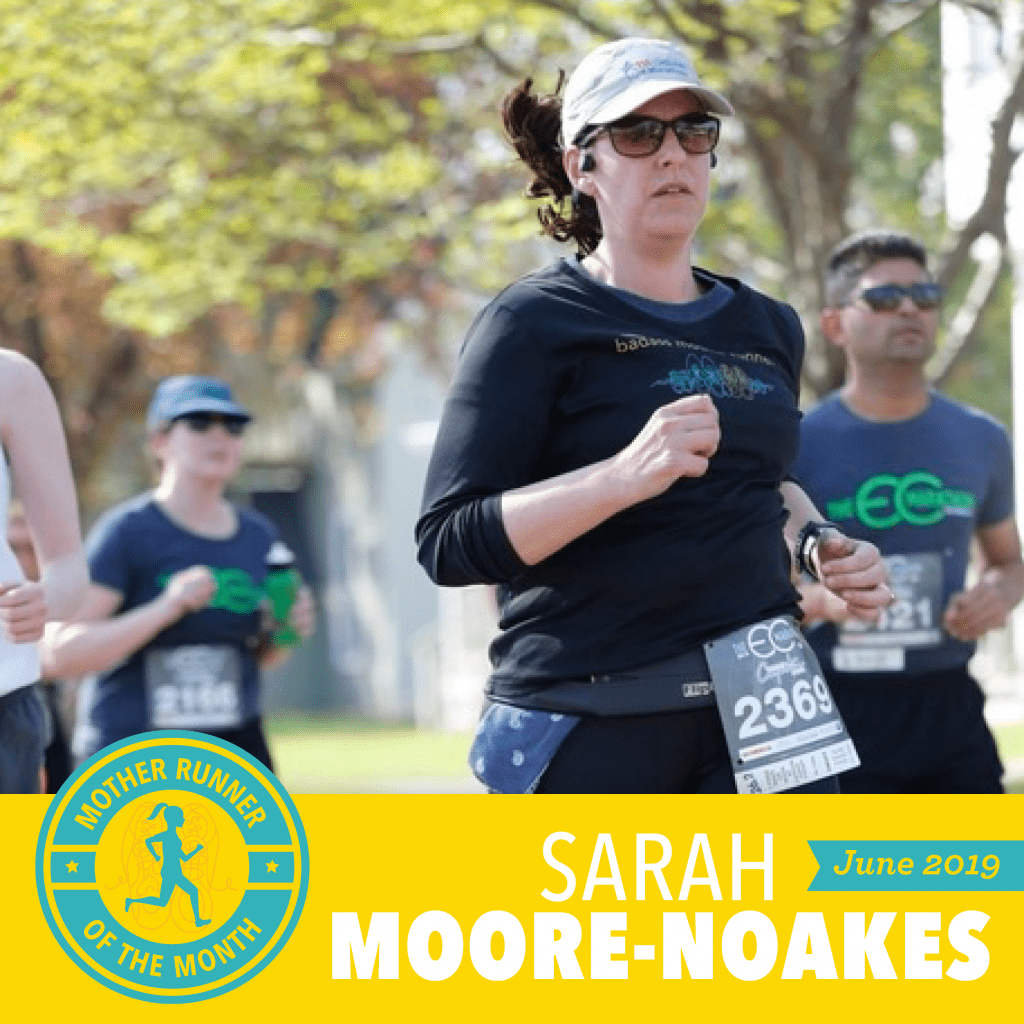
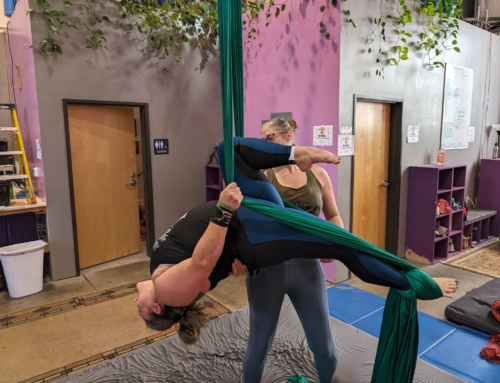
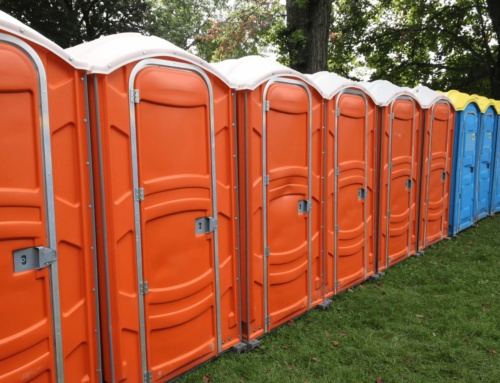
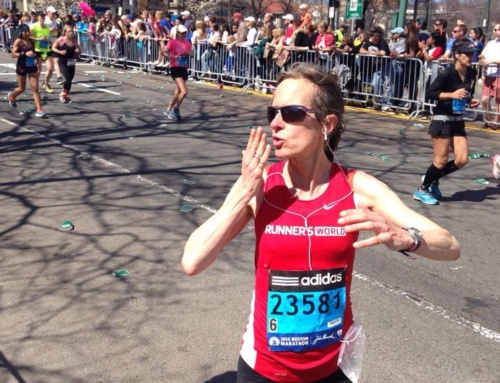
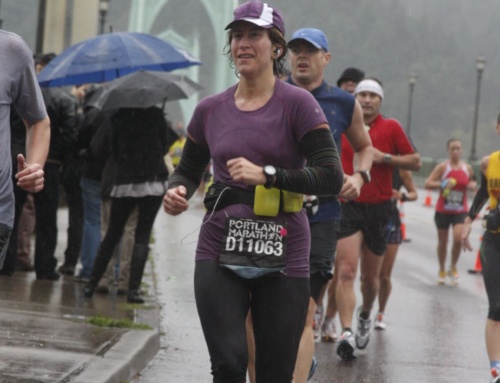
I had a patient with Long QT, she was out playing with her siblings and just suddenly died. She was about 10 years old. Her mom and grandpa found out that they also have the condition. They have had pacemakers put in. The other siblings don’t have the condition. It’s a scary thing for sure! Glad you have a specialist who knows your condition. I have really low blood pressure (82/52 yesterday) and have to keep my electrolytes in good condition. And I am doing the heart rate training this season. It’s definitely interesting to see my heart rate as I had no idea what it was like.
Wishing you continued good health and success in running. ❤️
We have such similar stories! I have always been a runner (since my days at UW Madison, at least!) At age 39, three years ago, I was diagnosed with LQTS. After my diagnosis, I decided to do my first triathlon in order to prove to myself that I could continue to run and be active. I am also under care at Mayo and thankful that I live so close (in Minneapolis) so that my son, who was also diagnosed, can continue to be monitored. Your story is inspiring and makes me feel buoyed knowing there are other LQTS runners out there! Keep it up and let’s chat!
Your story is truly amazing. My mother was diagnosed with Long QT syndrome several years ago. As a runner, I always have a question in my mind how it may affect me. My siblings and I don’t know if we also have this condition. To be honest, it’s a little bit scary to even pursue answering this huge question! Your story is so inspiring but it does make me ask where should I go from here?Running has been so many of the things you described; therapeutic, balancing, my time to refocus, time to be me without all of the titles I carry every day. Thank you for sharing your story!